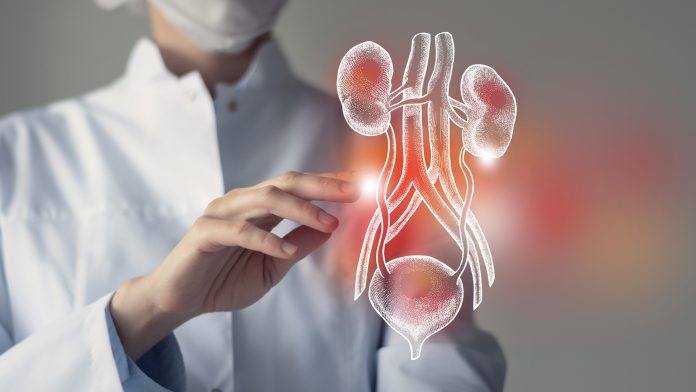
A new treatment recommended by NICE increases the chance of a successful kidney transplant and could revolutionise future surgeries.
In the new final draft guidance, the National Institute of Health and Care Excellence recommends imlifidase, made by Hansa Biopharma, for individuals who are waiting for a kidney transplant and are highly sensitive to human leukocyte antigens (HLA). The treatment intends to prevent the body from rejecting the donor organ.
A kidney transplant is the transfer of a healthy kidney from one individual to another who is experiencing minimal or no kidney function. The kidneys filter waste products from the blood and convert them into the urine, but it can lead to life-threatening implications if the kidneys do not function correctly.
The impact of sensitivity to human leukocyte antigens
Hansa Biopharma estimates that over 100 people, who are sensitised to HLAs, are eligible for imlifidase in England and Wales. HLAs are a type of molecule in the body, playing a vital role in the immune system response to foreign substances.
Highly sensitised individuals have an increased risk of their kidney transplant getting rejected by their body due to the immune system’s response. This response can occur in individuals who have had previous blood transfusions, and blood type and pregnancy are risk factors that can increase the chances of HLA sensitisation. Therefore, Black, Asian, or minority ethnic family backgrounds and those who have been pregnant are more likely to be highly sensitised.
Imlifidase: revolutionary support for kidney transplants
Imlifidase is an enzyme administered before a kidney transplant to prevent the immune system from rejecting the donated kidney. It breaks down a type of antibody called immunoglobulin G (IgG), which helps protect the body against foreign or harmful substances.
The treatment also has clinical trial evidence showing its effectiveness for highly sensitised people needing kidney transplants.
Helen Knight, interim director of medicines evaluation in the NICE Centre for Health Technology Evaluation, said: “People who are highly sensitised to HLAs can often be waiting a long time for a kidney transplant. They are often on dialysis, and this can have a significant impact on their quality of life.
“Imlifidase gives people a greater chance of having a successful kidney transplant and a better quality of life in the future. We know that some people from ethnic minority backgrounds and people who have been pregnant are more likely to be highly sensitised to HLA’s because they are more likely to have a specific blood type or from changes to the immune system which occur during pregnancy. This treatment gives hope for some groups of people that they will not be left behind and can receive similarly positive outcomes should they have a kidney transplant.”
Within the final draft guidance, the recommendations state that imlifidase should be offered to adults who have a positive cross match with the donor and are unlikely to have a transplant under the available kidney allocation system.










